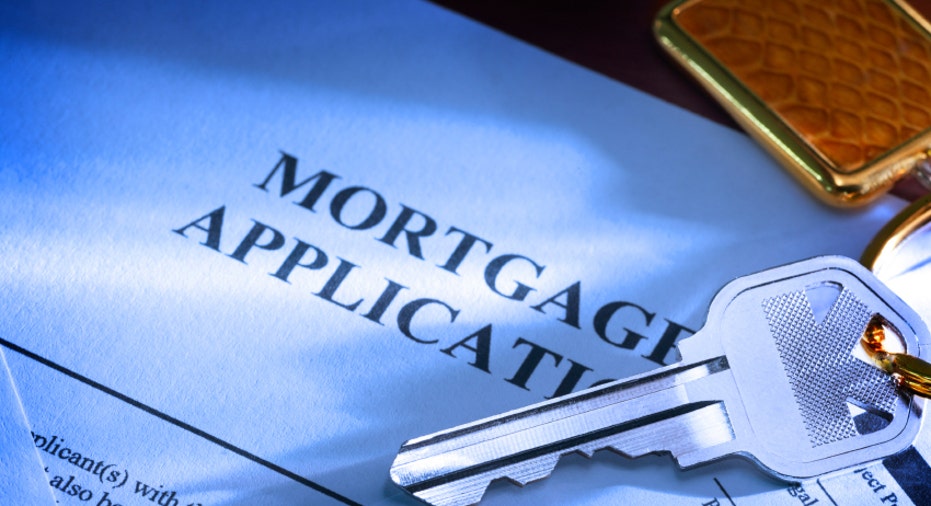Five Moves to Make After the Fiscal Cliff

Washington has done its job -- sort of. Now what financial moves should you make in response?
The deal to avoid the fiscal cliff means that most Americans won't see a major tax increase, though it put off dealing with important deficit-reduction issues. In general, the solution is bullish for the economy in the short term, though it leaves lingering credit concerns for the U.S. government.
In light of this, here are five post-cliff moves you should consider.
1. Follow through with home-buying plans
The threat of the fiscal cliff left prospective home buyers in a quandary: Mortgage rates were low, but the fiscal cliff threatened to cause a spike in unemployment. Nobody wants to buy a house when facing the prospect of unemployment. With that immediate threat to the economy now removed, it should clear the way for people with good jobs and good credit to take advantage of the lowest mortgage rates on record.
2. Take a fresh look at refinancing
Today's mortgage rates have given millions of homeowners the chance to refinance. However, circumstances sometimes block home owners from refinancing, such as when property values have fallen below remaining loan balances, or when credit ratings are poor. Time can help cure both those problems, but the time for low mortgage rates may be running out. The fiscal cliff solution could lead to higher mortgage rates for two reasons.
First, by cancelling planned tax increases, it supports economic growth, which tends to push interest rates up. Second, because the solution did not address deficit reduction -- quite the opposite, in fact -- it could raise borrowing costs for the U.S. government. Moody's, a major bond rating agency, has clearly stated that without deficit-reduction measures, the government's bond rating could suffer. That could push up interest rates across the board.
3. Shorten your CD terms
If the possibility of higher interest rates is now on the table, you should avoid commitments to long-term CDs. Besides not wanting to lock into what may be a low point for interest rates, you also have less of an advantage to gain by opting for a longer CD these days. Three years ago, interest rates on five-year CDs averaged 1.93% more than rates on savings accounts, according to the FDIC. Now, five-year CDs pay just 0.77 more than savings account rates.
4. Rebalance your portfolio
Another dilemma posed by the fiscal cliff involved asset allocation. Going over the cliff would have been bad for stocks, but good for bonds. Now, the outlook for stocks is brighter, while you might want to be wary of bonds at today's low yields. In any case, things are now a little clearer than they were before the tax deal, so you should review your asset allocation in that context.
5. Cut expenses by 2%
One temporary tax increase that was allowed to expire was the 2% reduction in the payroll tax, which goes to fund Social Security. So, your paychecks will be 2% lighter than they were before the end of 2012. A good way to respond to this is to review your expenses to find savings equivalent to 2% of your income.
There are many opportunities to do this -- from making sure your tires are properly inflated for winter driving (which improves gas mileage), to switching to a free checking account, to getting new insurance quotes. 2% is a small enough amount that you really can get there by doing a series of little things. The alternative is that the payroll tax increase will reduce the amount of personal savings you have left over every year, and most Americans are already saving a critically low amount.
Unfortunately, Washington seems to prefer living crisis-to-crisis rather than formulating long-term solutions. However, the tax deal was significant enough to lend some insights to your financial decisions -- at least as you wait for the next crisis to develop.
The original article can be found at Money-Rates.com:5 moves to make after the fiscal cliff